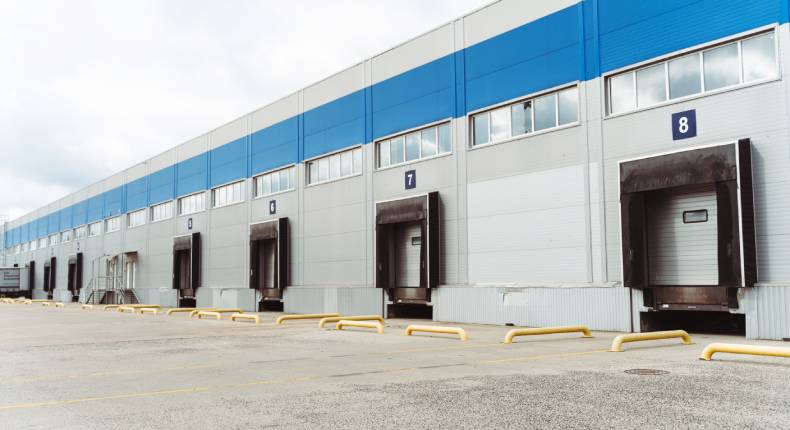Information
Legal information
CERTIFICATIONS




Funded by


Logistics Activity Zones (ZAL) are areas designed to concentrate activities related to logistics and transportation. These zones not only improve operational efficiency but also boost economic development and competitiveness in the regions where they are located. Therefore, in this article, we explain in detail what Logistics Activity Zones are, their importance, and some relevant aspects of the most important ones in the country.
Índice de contenidos
ToggleThe term ZAL refers to Logistics Activity Zones, strategic spaces dedicated to the concentration and optimization of logistics processes.
These spaces are equipped with advanced infrastructures and are located at strategic points such as ports, airports, and intermodal transport centers. Their main purpose is to facilitate the efficient movement of goods, reducing time and operational costs.
Logistics zones are specific geographic areas where intensive logistics activities are developed. These zones are designed to offer all necessary infrastructures for the management, storage, and distribution of goods.
In addition to having direct access to transport networks, logistics zones usually offer additional services such as customs, consolidation and deconsolidation areas, and logistics service centers.
Logistics Activity Zones perform various key functions:
ZALs are essential for optimizing modern supply chains. Their importance lies in several aspects:
Logistics Activity Zones offer multiple benefits for both companies and the economy in general:
Among the most important Logistics Activity Zones in the country, the following can be highlighted.
The ZAL of Barcelona is one of the most important in Spain and Europe. Located near the port of Barcelona, this logistics zone has more than 212 hectares dedicated to logistics and transport activities.
Its proximity to the port and excellent connection with land and air transport networks make it a strategic point for international trade.
Madrid has several logistics zones, one of the most prominent being the Madrid Logistics Platform (PLM).
Located in the Henares corridor, this logistics zone benefits from its proximity to Madrid-Barajas airport and excellent connection with the railway and road network. It is a key point for the distribution of goods throughout the Iberian Peninsula.
The ZAL of the Port of Sagunto is another of the most relevant logistics zones in Spain. With a strategic location in the Mediterranean, this zone facilitates access to European and North African markets.
Its advanced infrastructure and capacity to handle large volumes of cargo make it a fundamental pillar for logistics in Spain.
The ZAL of Algeciras is located in one of the most important ports in the Mediterranean and is a key point for maritime traffic between Europe and Africa.
Additionally, it is designed to maximize efficiency in cargo handling, offering modern facilities and direct connections with the railway and road network, facilitating the transit of goods to the interior of Spain and other European destinations.
The ZAL of Asturias, known as ZALIA, is located near the port of Gijón and is a strategic point for logistics in northern Spain. This logistics zone is well connected with the main land transport networks, facilitating the movement of goods to other regions of Spain and Europe.
Furthermore, its proximity to Asturias’ industrial areas makes it an ideal option for companies looking to optimize their logistics operations in this region.
The Zaragoza Logistics Platform (PLAZA) is one of the largest logistics platforms in southern Europe.
With an area of more than 13 million square meters, this logistics zone stands out for its excellent infrastructure and strategic location in the Ebro corridor, facilitating connection with France and the rest of Europe.
Logistics Activity Zones represent a vital component in the supply chain. These specialized areas not only optimize logistics operations but also promote regional economic development and improve the competitiveness of companies. Therefore, it can be affirmed that the continuous implementation and development of these logistics zones will be crucial to maintaining and enhancing the efficiency and competitiveness of the logistics sector in the future.
Information
Legal information
CERTIFICATIONS




Funded by


